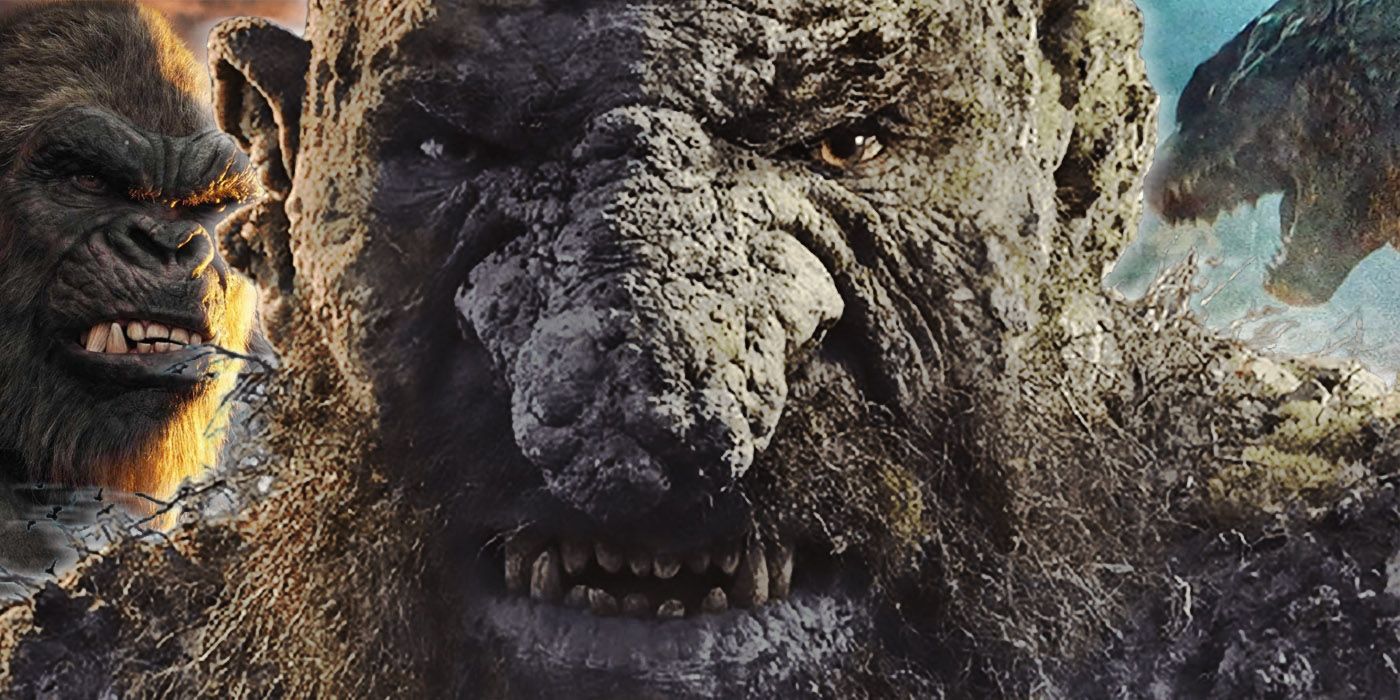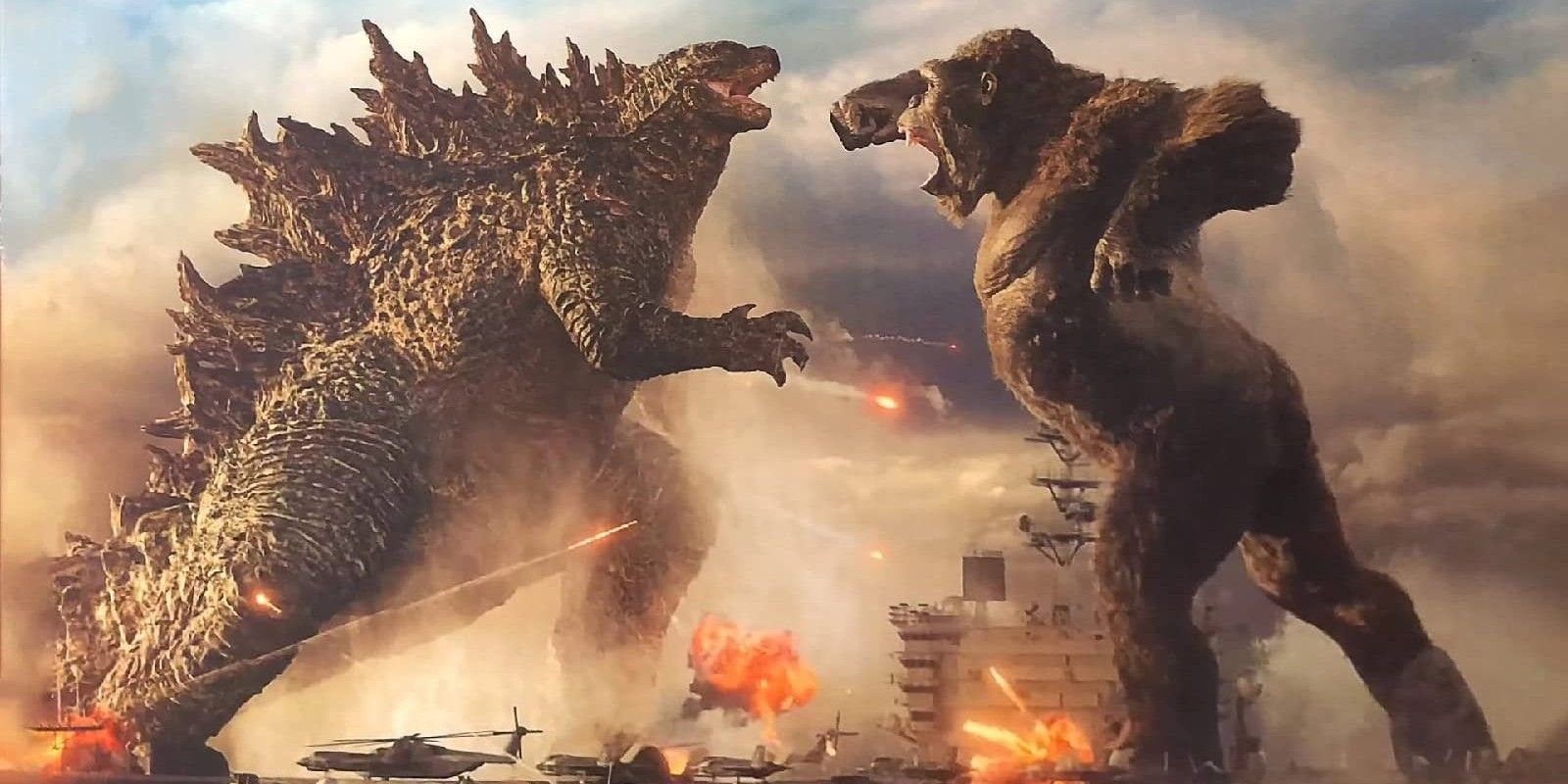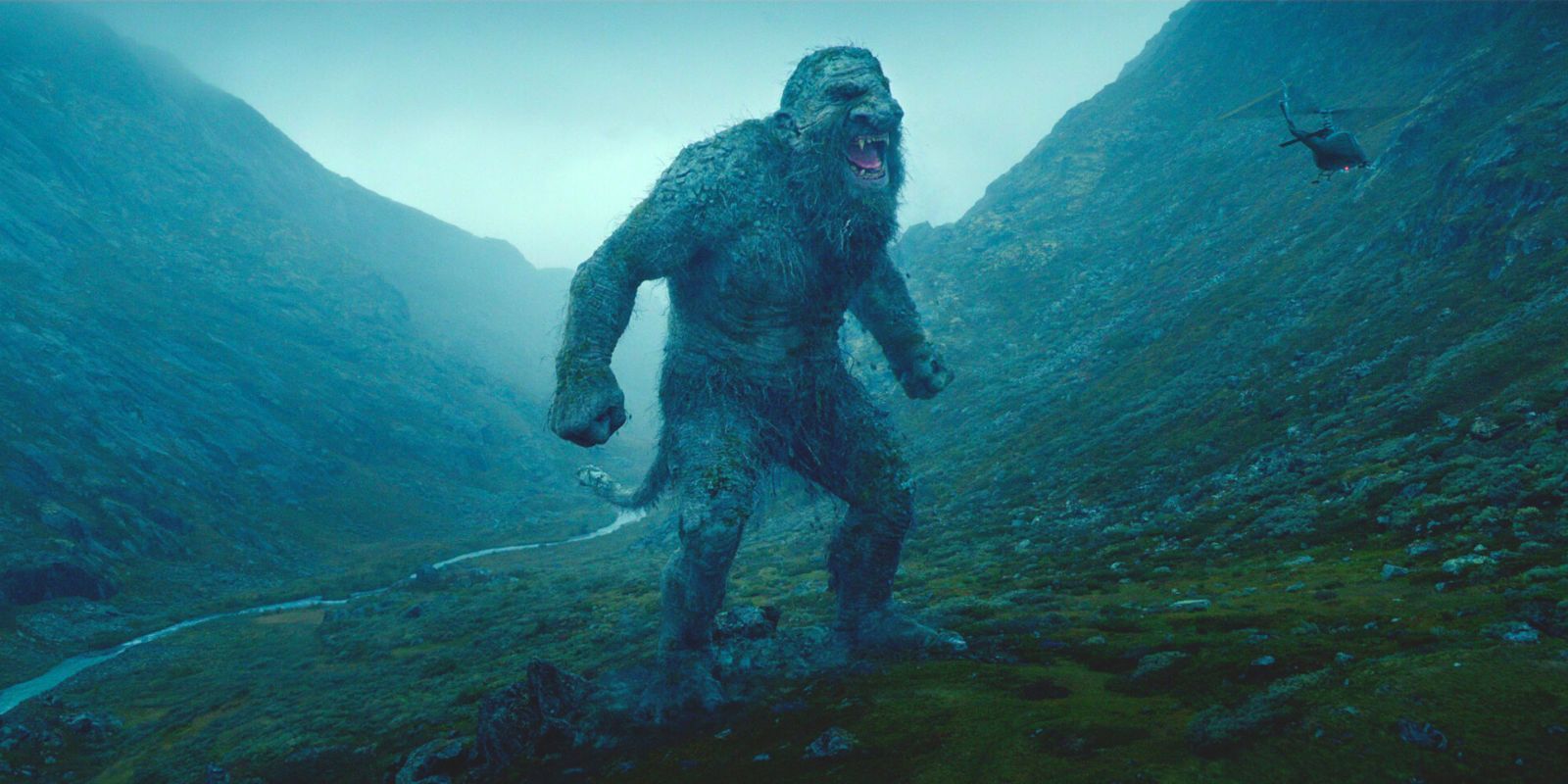The following contains spoilers for Troll, now streaming on Netflix.
One of the most intriguing aspects of Netflix's Troll is how the trailers teased something similar to what's seen in the MonsterVerse, especially compared to Kong and Godzilla. Those Titans rose from the bowels of the Earth, emerging from hidden havens to strike back. It was all part of recalibrating the equilibrium of the global ecosystem, tussling to see who was the true apex predator on the food chain.
It led to massive brawls, the giant ape and lizard fighting each other and Apple TV continuing the story of this tumultuous reality. And make no mistake, Troll packs a similar energy as a behemoth rock creature rises in Norway to wreak havoc against Oslo. However, in this case, it's actually a better rampage due to one key factor: the purpose and motivation behind the troll.
Godzilla vs. Kong Felt Too Idealistic
Now, the MonsterVerse tried hard to push Kong and Godzilla as heroes, which is why they quickly teamed up to fight Mechagodzilla in Godzilla vs. Kong. Admittedly, this led to a storyline akin to Batman and Superman fighting and being partners in the DC Universe, which took away from the gravity of the ape and lizard's vicious nature. Sure, their purposes as defenders were cool, but it felt on the nose how they initially punished humanity, all as a means of defending them.
Instead, it'd have resonated more to have them inflict fear into humanity, reminding them they're neither friend nor foe, just like the Cloverfield creature. It would keep mankind in check, with the monsters' villainous aura being that fear factor, inspiring dread and unpredictability. Ultimately, what transpired was both Titans throwing tantrums against their rivals, humans and then each other, shaping a rudimentary, predictable alliance.
Troll Gives Its Monster a Haunting Purpose
In Troll, though, the behemoth wants to decimate things with a personal connection. First, he eats a soldier reciting Christian prayer and reacting terribly to the clanging of church bells, as he hates the religion. That's because the Christian crusaders, centuries before, killed off this king's species, including his troll kids. They'd trap him in the Dorve caves, using a kid as bait. Tunneling woke him up, causing the king to start a rampage to squash those who have Christian blood, matching why he comes after churches in the Norwegian lore.
It's meant to vilify and demonize his fabled species, but there's another twist in the troll's actions. The remains of his tribe got left in a palace under the Royal Palace, which means the troll king's domain has been desecrated. So, he's stomping his way to Oslo to destroy the place for what happened to his family and to crush the symbol of Christianity, politics and corruption. It creates a more intimate adventure filled with tragedy and sorrow, where one can root for him to destroy the people that hurt his innocent clan. And raging against the lying machine has more sympathy and relatability than a popcorn flick where the MonsterVerse's Titans acted as humanity's guardians and, inevitably, their pawns in the kaiju war that will continue.
See how the MonsterVerse is outdone in Troll, now streaming on Netflix.



